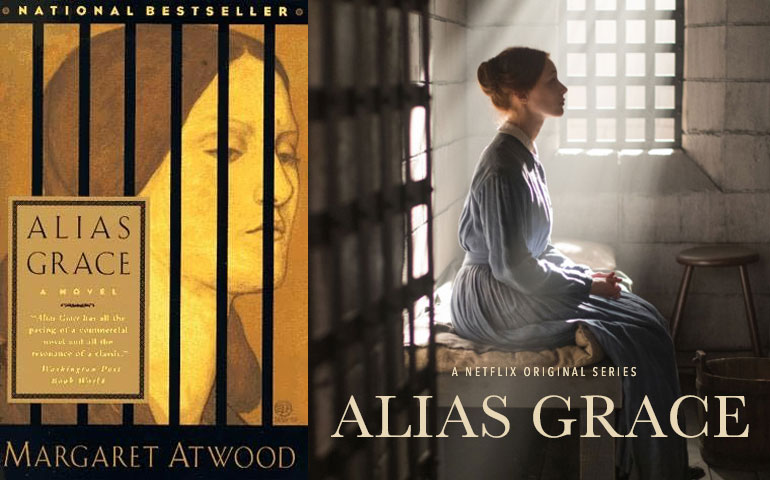
Fahrenheit 451: An Approaching Reality
In eighth grade, I was just beginning to explore the world of dystopian novels. My English teacher had recommended a book called Fahrenheit 451, saying that it was a truly gripping story about a fireman and that I would likely enjoy it a lot. However, I was confused. How can a story about a fireman be gripping? That was not a topic I had ever really expressed interest in. My question was only furthered after reading the first sentence of the book: “It was a pleasure to burn.” Why would a fireman think it was a pleasure to burn? My questions were quickly answered as I kept reading, though, and they were not the answers I was expecting at all.
Fahrenheit 451 is a dystopian science-fiction novel written by Ray Bradbury about a society in which books are illegal. The protagonist, Guy Montag, is a fireman, but hardly in the traditional sense of the word; rather than putting out fires, Montag’s job is to start them.
The plot follows Montag living in this bookless society that values entertainment above all and constantly lives by the idea that ignorance is bliss. They believe that knowledge is harmful and it should therefore be inaccessible.
As a fireman, it is Montag’s job to burn the houses of those who have been caught reading books, as they have committed an act of high treason. Montag lived a life he was content with, until he met an extraordinary, young girl named Clarisse who changed his viewpoint on everything. Montag then continues to fight an internal war as he questions everything he has ever known.
Other than the amazing plot that Bradbury formed, one thing I would like to note is his use of wording and imagery throughout the entire book. There are countless examples of fire-related imagery hidden in sentences throughout, tying in with Montag’s job as a fireman. The characters in the book felt incredibly real in the sense that there was such a blatant contrast between the characters that had fallen victim to their society versus characters like Montag, who continuously grow and develop throughout the book. The Montag that we see at the end is an increasingly insightful character that was developed beautifully as the plot progressed, and the catalyst to this development was his friendship with Clarisse. This highlighted the importance of friends and how much of an impact they can leave on an individual, and it is extremely engaging to see Clarisse’s effect on Montag.
As we read, we walk with Montag throughout his internal struggle that ignites after he begins questioning the oppression to which he had been a victim his entire life.
This book highlights the importance of knowledge and betterment through illustrating characters that lacked these traits, and it is a story that successfully shows the urgency of its message.
With society walking on a path that leads to a place run by technology, it is essential not to forget the importance of human connection and empathy. The citizens of the society in Fahrenheit 451 have lived their entire lives in front of large TV screens without realizing how miserable it can really be. They’ve forgotten how to have conversations with each other and genuine relationships. Bradbury wrote this story in a way that warns us. He foresaw the possible effect of media and entertainment causing a transformation in the generations ahead that lead to a society with no genuine relationships, no substantial thoughts, and no self-development.
All-in-all, this book was incredibly worth the read. It had me thinking about so many important concepts and by the end of it, I had a newfound appreciation for books and the ability to engage in conversation with my loved ones. I definitely recommend reading it.



